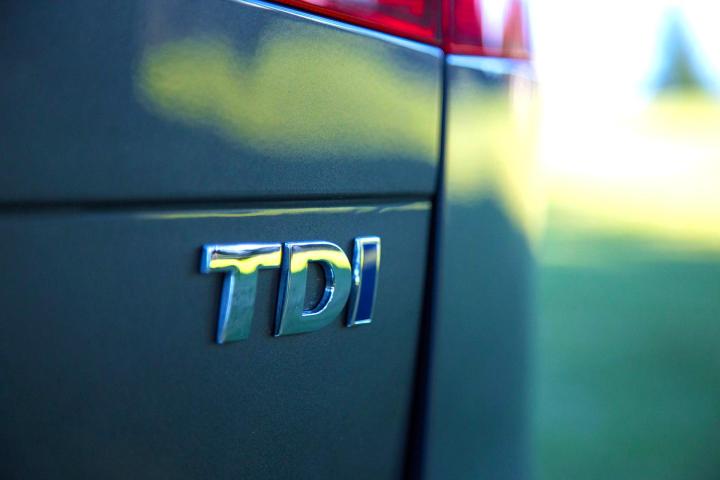
VW has now reached an agreement with the Environmental Protection Agency (EPA) and California Air Resources Board (CARB) on the 3.0-liter diesels. The agreement, which must still be approved by U.S. District Court Judge Charles Breyer, includes similar provisions to the 2.0-liter settlement. It requires Volkswagen to buy back cars or modify them to meet emissions standards, as well as to fund environmental remediation and infrastructure for zero-emission vehicles.
The 2.0-liter settlement covered more than 450,000 vehicles, but only 83,000 3.0-liter diesels need to be addressed. The affected models include diesel versions of the Audi A6, A7, A8, Q5, and Q7, as well as the Porsche Cayenne Diesel and Volkswagen Touareg TDI. The agreement calls for VW to recall “more than 75 percent” of these vehicles and modify them to meet emissions standards.
However, modifications would have to be approved by both the EPA and CARB. The agencies haven’t approved any modifications submitted by Volkswagen for the 2.0-liter cars, although the 3.0-liter cars are expected to require less-extensive changes. Still, owners may end up in limbo waiting for modifications for their cars to be approved. VW will also buy back some cars, with details to be worked out a later date.
According to a company press release, Volkswagen will initially try to modify 63,000 2013-2016 model-year vehicles with so-called “Generation 2” engines, and buy back 2009-2012 models with “Generation 1” engines. However, VW may offer both options to owners of vehicles with both types of engine.
Besides addressing the vehicles themselves, Volkswagen will contribute an additional $225 million to the environmental remediation trust established under the 2.0-liter diesel settlement. It will also give California $25 million to “support the use of zero-emission vehicles in that state,” per the VW press release. Under the 2.0-liter diesel settlement, Volkswagen agreed to contribute $2 billion toward infrastructure for zero-emission vehicles, including electric-car charging stations and hydrogen fueling stations.
Volkswagen and the Plaintiffs’ Steering Committee are still working to resolve certain issues, including details on compensation for owners. Breyer set a deadline of January 31, 2017, for all parties to submit a formal agreement. The agreement cannot be implemented without his approval.


